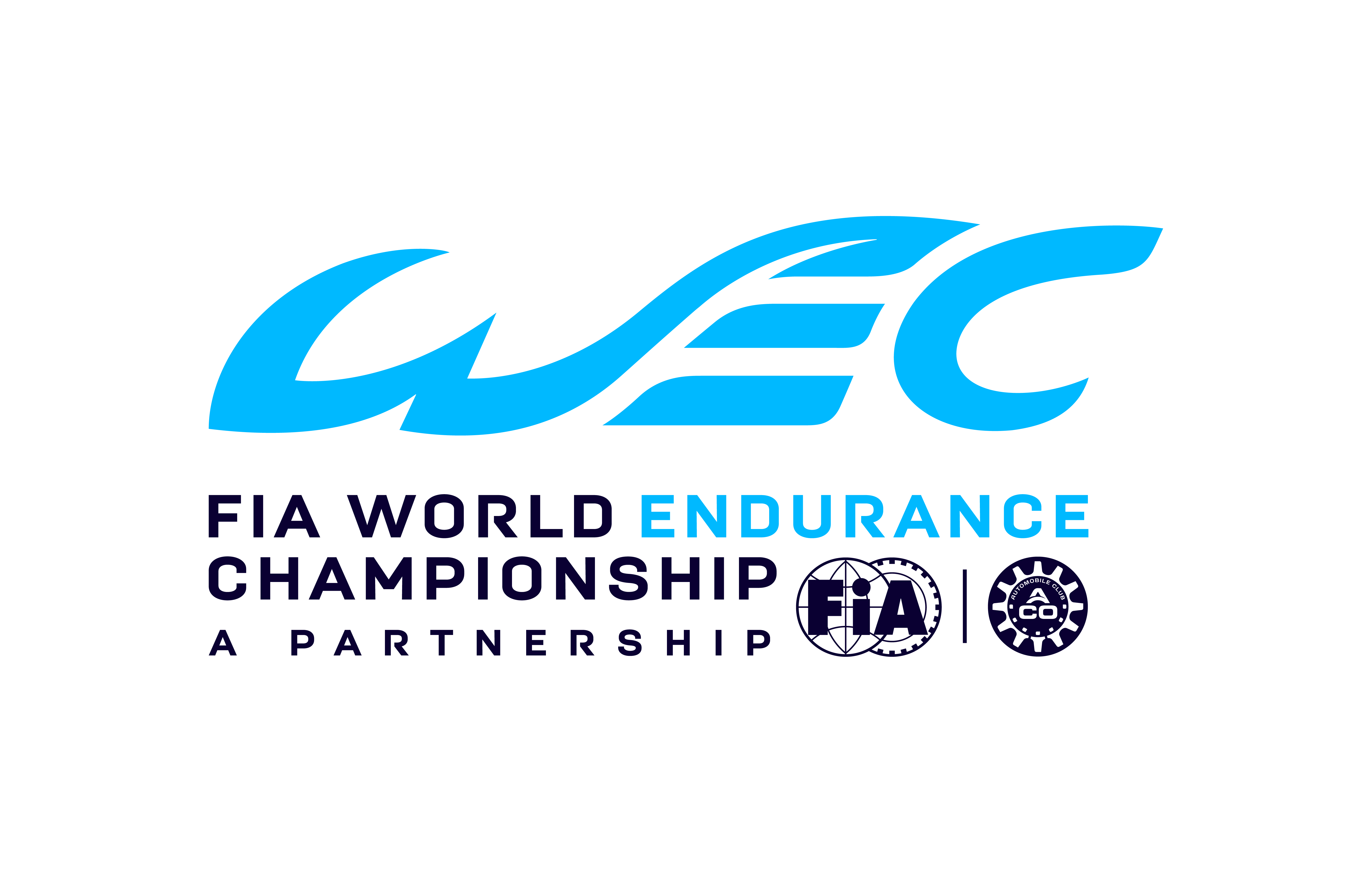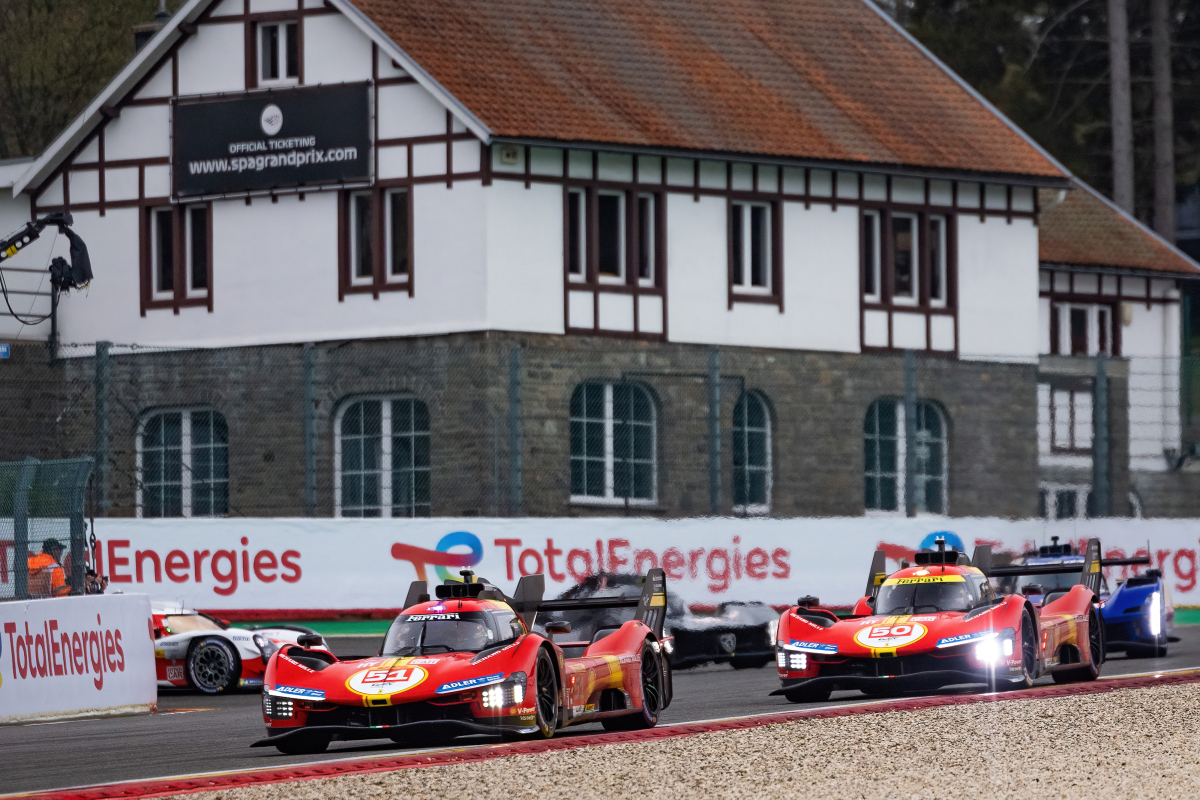
Partners since 2018, TotalEnergies, the Automobile Club de l’Ouest (ACO) and Le Mans Endurance Management (LMEM) are pleased to renew their partnership for five years up to 2028.

Supporting the ACO’s energy transition
Committed to an ambitious strategy entitled “Race to 2030”, ACO’s goal is to achieve net zero by 2030, cutting its carbon emissions by 30% and developing a carbon offset program. Under the terms of the partnership, TotalEnergies will provide its energy transition expertise and will guide the ACO through an energy audit of its infrastructure, installing charging stations for electric vehicles and photovoltaic panels on its buildings and car parks. TotalEnergies will also pursue its long-term connection with endurance competitions by offering alternatives to fossil fuels, such as biofuels and hydrogen.
Endurance races with sustainable waste-based fuel
Like an open-air laboratory, the track plays a key role in innovation, because the extreme conditions of endurance competitions—long races and high mileage—drive the development of ever more efficient fuels that will one day be available for motorists.
To meet these requirements, TotalEnergies has developed Excellium Racing 100[1], a racing fuel produced from wine waste and residue (lees and grape pomace) that meets all the demands of automakers, motorists and the European Renewable Energy Directive (RED). It reduces CO2 emissions by at least 65%[2] over its life cycle. Certified 100% sustainable, this fuel was introduced for the first time at the FIA World Endurance Championships (WEC) in March 2022, at the 1,000 Miles of Sebring race (USA), and was used for the entire starting grid. The FIA WEC and the European Le Mans Series have pioneered the use of this type of fuel for all competitors.
“I am very happy to renew our partnership with TotalEnergies, a loyal ally that provides concrete solutions in response to environmental issues. TotalEnergies will help us to make the Bugatti circuit a trailblazer for the energy transition up to 2028, and will allow us to keep pioneering innovations in endurance events. The contract covers all the ACO championships and major races: FIA WEC, Asian Le Mans Series, European Le Mans Series, 24 Hours of Le Mans motorcycle race and Michelin Le Mans Cup. I would like to thank TotalEnergies for their trust and expertise,” said Pierre Fillon, Chairman of Automobile Club de l’Ouest.
“We’re delighted to renew our partnership with the Automobile Club de l’Ouest and Le Mans Endurance Management, to support them in their energy transition and help them get to net zero. Motorsports, especially endurance racing and the 24 Hours of Le Mans, are a real testing ground for TotalEnergies and a showcase for the innovative solutions the Company offers its customers. Biofuels have an important role to play in driving progress in the transportation sector by cutting CO2 emissions immediately, and we’re delighted to make a 100% sustainable fuel available for the ACO,” said Patrick Pouyanné, Chairman and Chief Executive Officer of TotalEnergies.
Frédéric Lequien, CEO of Le Mans Endurance Management: “TotalEnergies has stood by us since 2018, making us pioneers with the arrival of an entirely renewable fuel and allowing us to considerably reduce our carbon footprint during our races. We’re keen to pursue our fruitful partnership with TotalEnergies in the championships organized by LMEM: the FIA WEC, the European Le Mans Series, the Asian Le Mans Series and the Michelin Le Mans Cup, which all act as open-air laboratories.”
[1]Excellium Racing 100 is certified 100% sustainable as per the mass balance system applied by a voluntary certification organization approved by the European Union.
[2]In line with the methodology established by the European Renewable Energy Directive RED II (2018/2001), Excellium Racing 100 reduces greenhouse gas emissions by at least 65% compared with the fossil-based equivalent.